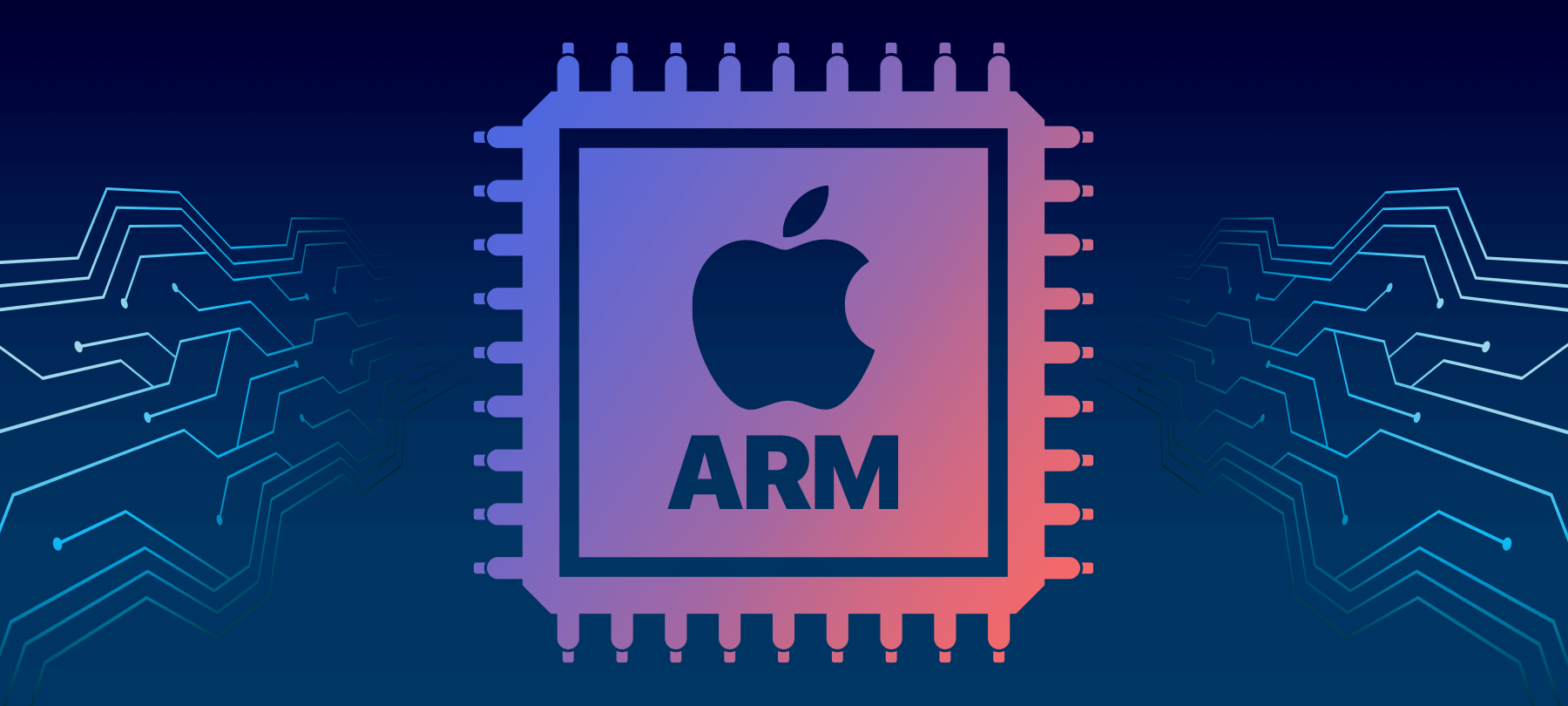ARM-Powered Macs Are on the Way to Apple’s Product Stable
For years, Apple has been using Intel processor chipsets to power its Mac computers. According to a recent article from Computerworld, those days could soon come to an end. The author cited the words of technology analyst Ben Bajarin, who suggested that Apple’s dedication to “security and encryption” would push the company away from using Intel chips in Mac machines.
Bajarin may have a point. Apple may count on Intel for its Mac processors, but the company produces its own chipsets for the iPhone and the iPad. The current slate of iOS device uses Apple’s A9 chip, which uses the company’s proprietary ARM dual-core architecture. Bajarin predicted that, sooner or later, Apple will take the next natural step with its “A-series processors” and start using them in Macs.
These predictions didn’t come out of nowhere. Last week, Apple briefed analysts on the security and encryption of its iPhone architecture. The architecture, based on the description in the Computerworld article, is quite sophisticated, integrating the 64-bit A9 chip and a co-processor called “Secure Enclave” in interesting ways. While the A9 processor is responsible for powering the iPhone and making sure it is as fast and slick as possible, the Secure Enclave co-processor is just as vital, handling the majority of the iPhone’s security features. Secure Enclave encrypts user files and authenticates user fingerprint scans, among several other uses.
Bejarin went on to say that “Apple is above and beyond everyone on security,” and the company’s level of control and attention to detail with the iPhone and iPad designs is clearly a big part of the reason. Instead of relying on a third party for a chipset, Apple can design and integrate every piece of an iPhone or iPad. Everything works in perfect harmony to offer a superior customer experience while also providing maximum levels of security.
As such, it’s not tough to imagine a future where Apple cuts ties with Intel and starts using ARM processing architecture for all Mac computers. In such a scenario, OS X would essentially be rendered obsolete. Instead of having two operating systems, Apple would use variations of iOS for both mobile and desktop. The result would be something of a nightmare from a programming standpoint and would require users and developers alike to make quite the adjustment. In the interchange, though, Secure Enclave would come to Mac computers, guaranteeing users safer and better-encrypted machines.



